AARP Hearing Center
December: A Season of Warmth, Wonder and Illumination
December is a month of universal celebration, where light, hope and renewal shine brightly against the backdrop of winter’s longest nights. Across the globe, this month brims with traditions that honor resilience and joy, drawing from stories of community and reflection. From the soft glow of candles in homes to the lively rhythm of parades and the warmth of festive feasts, December invites us to look back on the year’s journey, embrace the present with gratitude and welcome the future with hope. Ancient customs blend with modern festivities, showcasing the vibrant expressions of cultures that connect us across centuries and continents.
These celebrations of light and joy transcend borders and traditions, bringing communities together in unique yet universally meaningful ways. From the mischievous Krampusnacht to the serene meditation of Bodhi Day, each tradition reflects the spirit of its people. As we journey through December, let's explore the celebrations that illuminate the world.
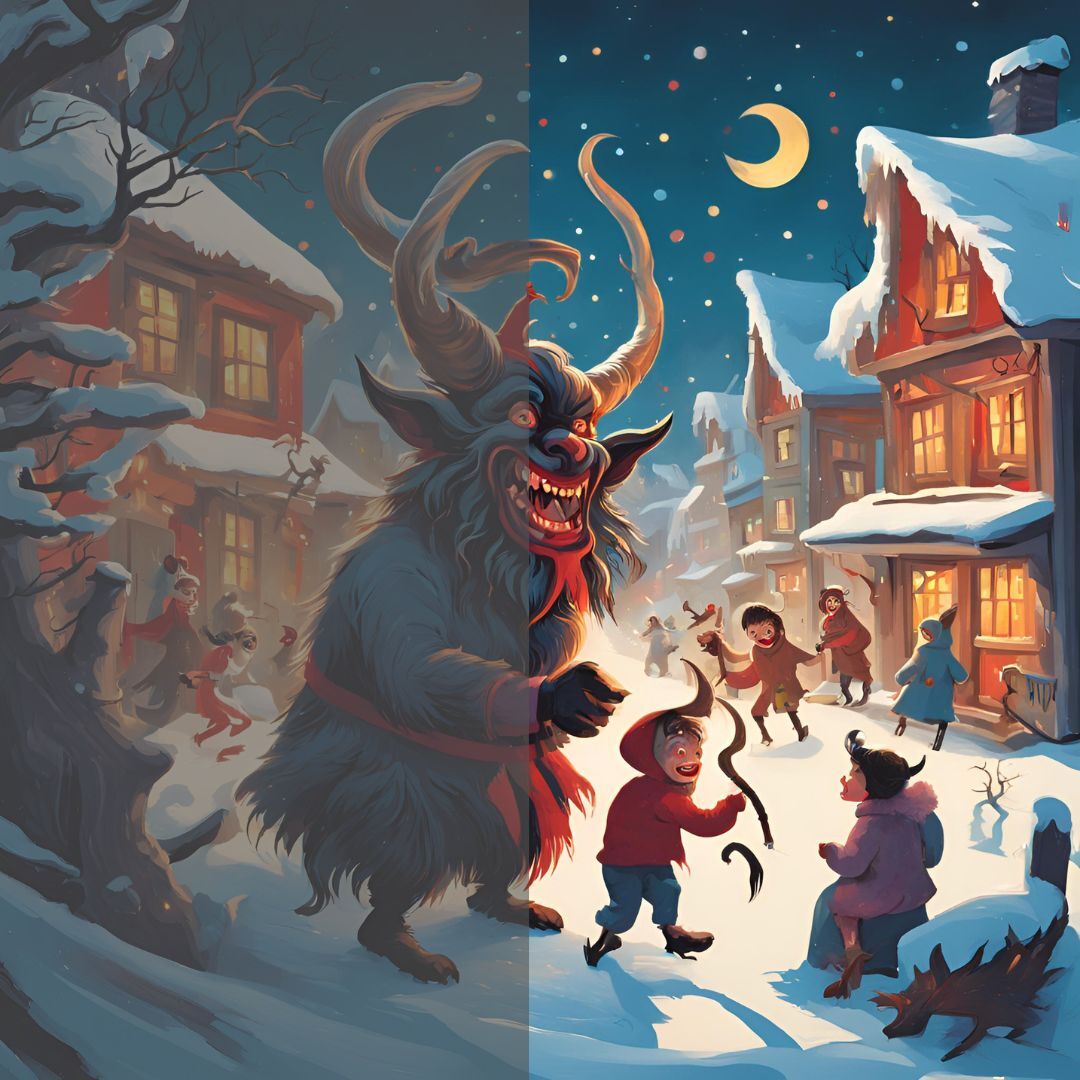
December 5
On the eve of Saint Nicholas Day, the streets of Alpine villages come alive with the clanging of bells and the stomping of hooves. Krampusnacht, rooted in pre-Christian folklore, introduces the dark, mischievous figure of Krampus, the horned counterpart to Saint Nicholas, who punishes misbehaving children.
In Austria and Germany, revelers dressed as Krampus parade through towns in the “Krampuslauf” (Krampus Run), donning elaborate masks and fur suits while playfully frightening onlookers. This tradition contrasts sharply with Saint Nicholas’s kindness, creating a thrilling duality in the festive season.
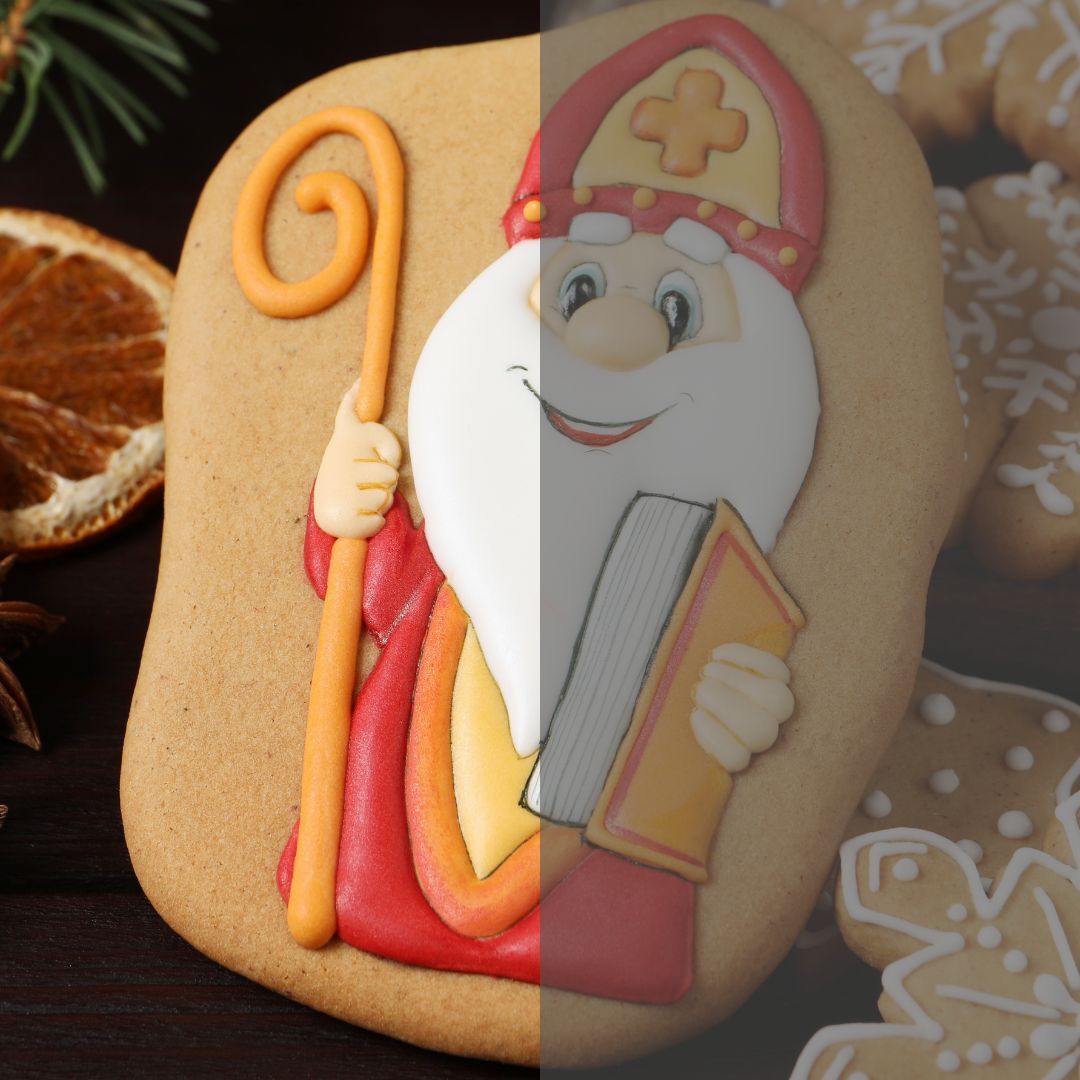
December 6
Celebrating the generosity and miracles of Saint Nicholas, this day honors the 4th-century bishop who inspired the modern figure of Santa Claus. In the Netherlands, children place their shoes by the fireplace, waking to find them filled with chocolate coins, marzipan and small gifts. In Germany, boots are polished and left outside for Saint Nicholas to fill with treats, while in Italy, Saint Nicholas is venerated as the patron saint of sailors, with processions and blessings along the coast.
In the United States, Saint Nicholas Day is celebrated in communities with German, Dutch and Italian heritage, often as a quieter prelude to Christmas.
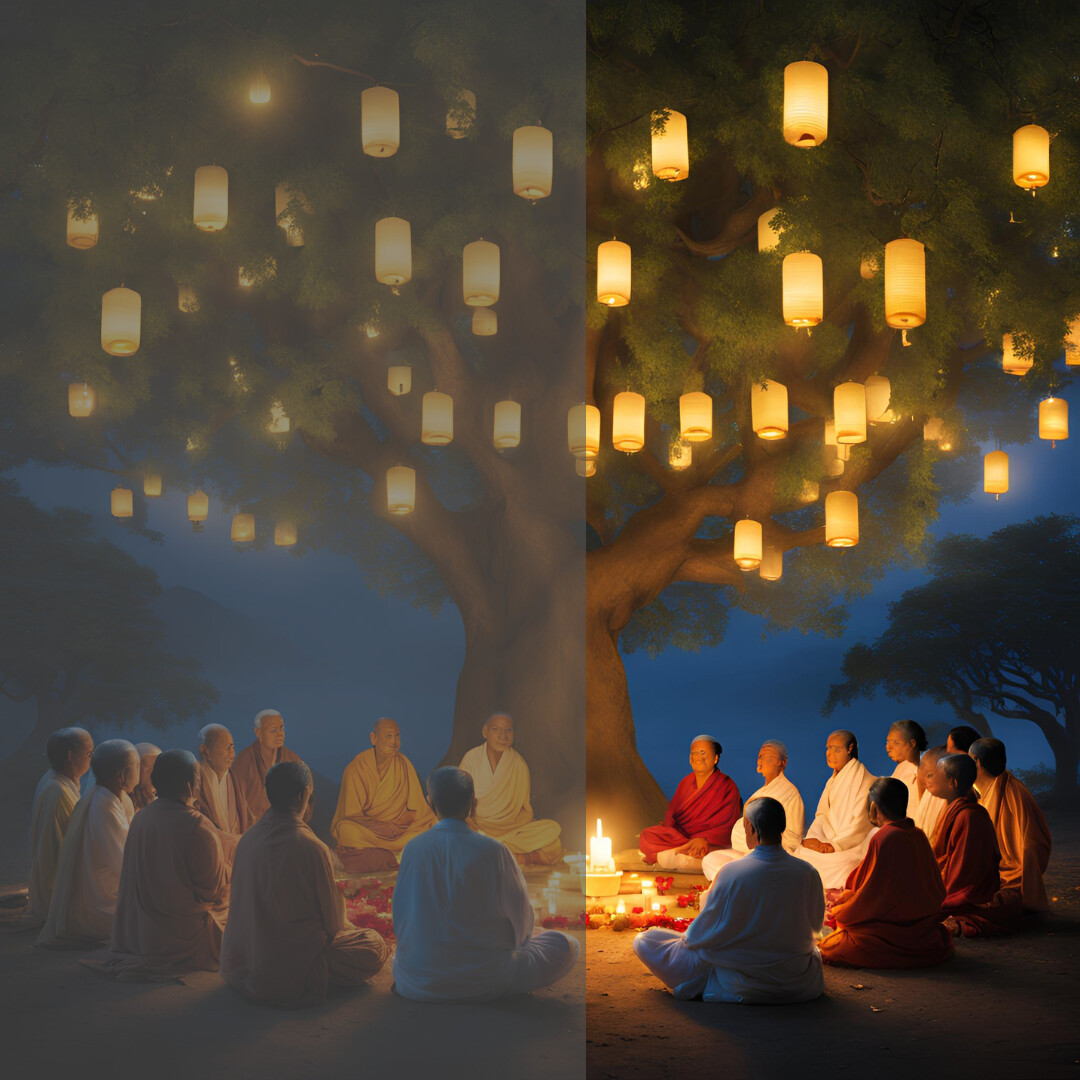
In Japan, known as Rohatsu, the community engages in intensive meditation retreats leading up to December 8. Families light candles and adorn their homes with ficus trees to symbolize the Bodhi tree. In the United States, Buddhist communities observe Bodhi Day with meditation, vegetarian feasts and acts of kindness, sharing the story of Siddhartha’s journey to enlightenment.

December 8
This Catholic feast celebrates the belief that Mary was conceived without original sin. In Nicaragua, the festivities of La Purísima fill the streets with altars, songs, and fireworks. Families exchange sweets and build intricate shrines adorned with flowers and candles. In Spain, processions wind through towns, while in the Philippines, the feast marks the beginning of Simbang Gabi, a series of dawn masses leading up to Christmas.
In the United States, Catholic communities honor the day with special church services, celebrating Mary’s purity and role in salvation history.

December 13
Santa Lucia Day, or St. Lucy’s Day, brings light to the darkest days of winter. In Sweden, young girls dress in white robes with red sashes and crowns of candles, leading processions through towns while singing hymns. Families bake saffron buns (lussekatter) and ginger cookies, sharing them with neighbors. In Italy, particularly in Syracuse, Santa Lucia is celebrated with feasts and parades, honoring her as a martyr and bringer of light.
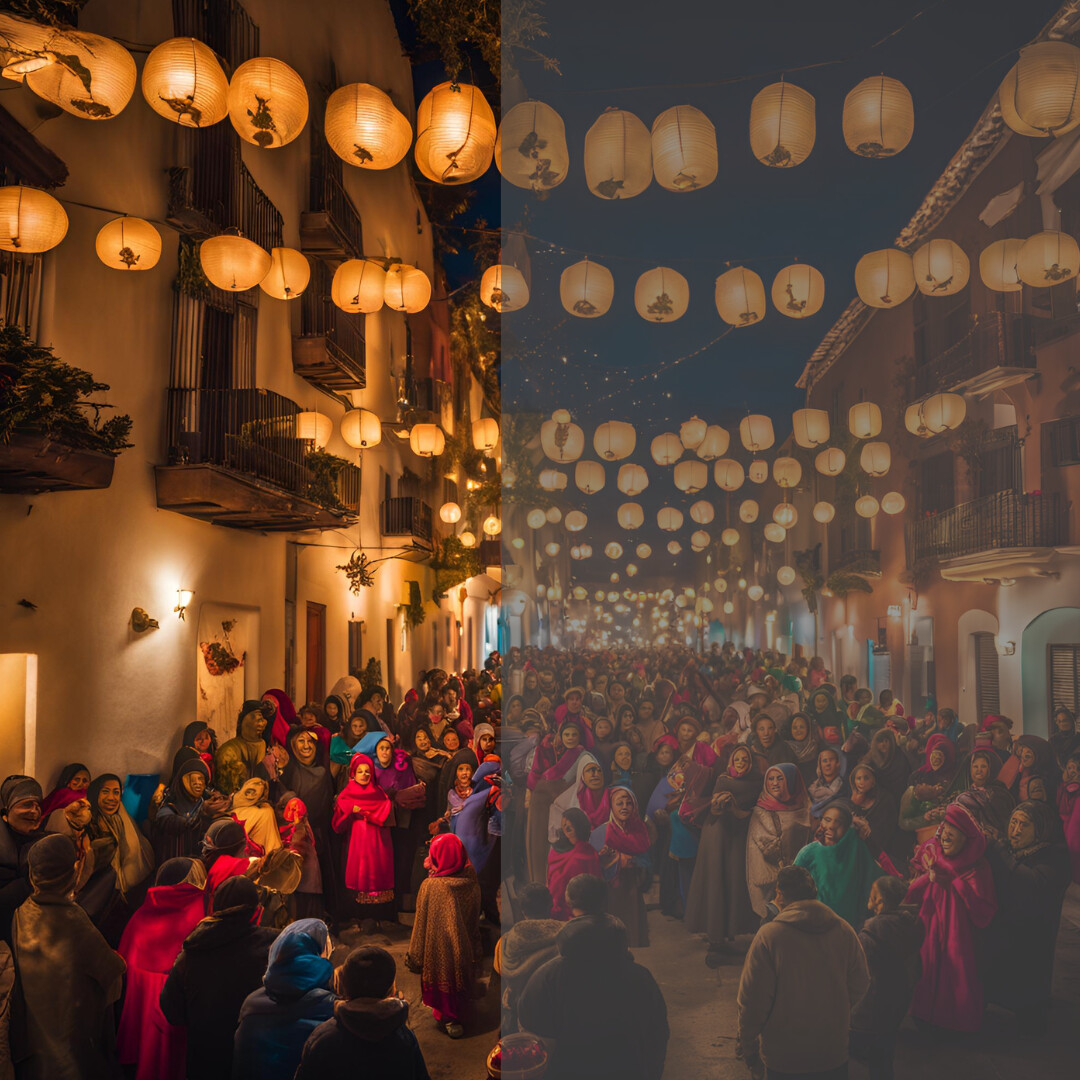
December 16–24
In Mexico, Las Posadas reenacts Mary and Joseph’s search for shelter before Jesus’s birth. Each evening, families and neighbors form processions, singing carols and knocking on doors, symbolizing their journey to Bethlehem. Once welcomed inside, celebrations include feasts of tamales, ponche (spiced fruit punch) and piñatas shaped like stars.
In the United States, Hispanic communities embrace Las Posadas as a time for reflection, hospitality and cultural pride. Churches and community centers often host reenactments, accompanied by festive gatherings.
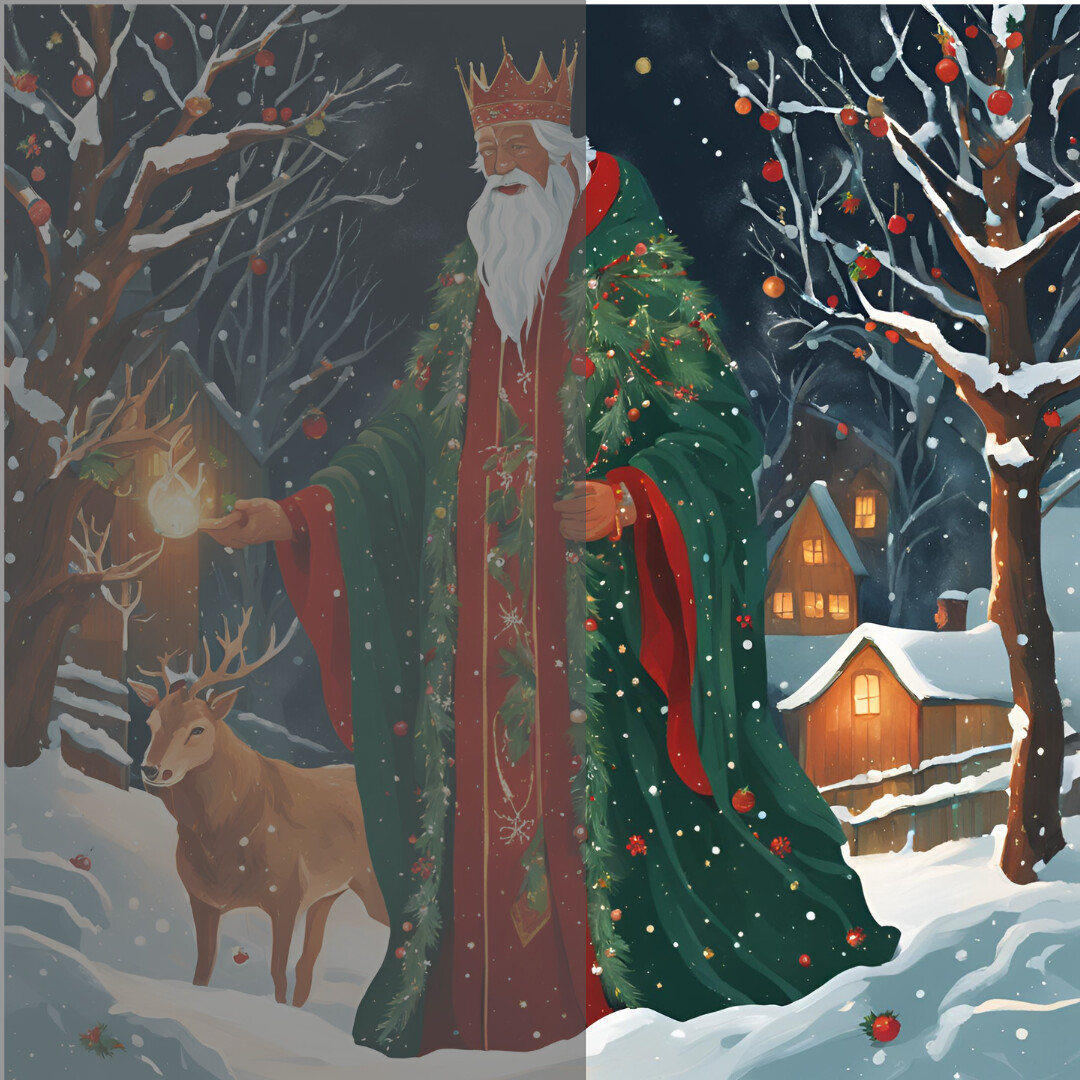
December 21/22
Yule, an ancient festival from Northern Europe, celebrates the rebirth of the sun during the year’s longest night. In Scandinavia, families burned Yule logs to protect against darkness and ensure light’s return. Evergreens adorned homes, symbolizing life’s endurance. Today, people worldwide honor Yule with rituals, storytelling and feasting.
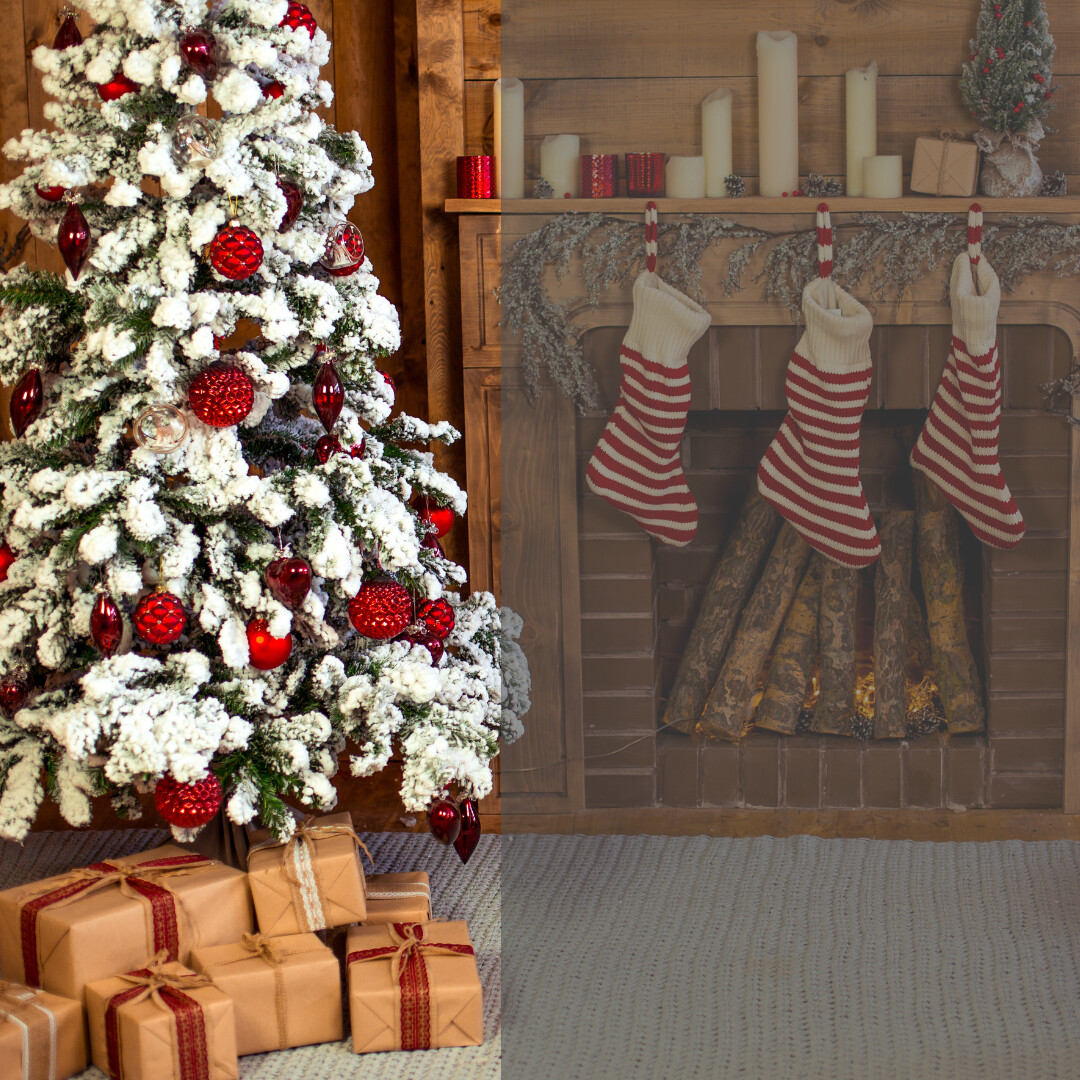
December 25
Christmas, a celebration of Jesus Christ’s birth, reflects a blend of Christian, pagan, and secular traditions. In Germany, Weihnachtsmärkte offer handcrafted gifts and mulled wine. In the Philippines, colorful lanterns called parols light up homes, while in Ethiopia, Genna celebrations include processions and a feast of doro wat served with injera.
In the United States, Christmas is a national celebration, with decorated trees, gift exchanges and family feasts.
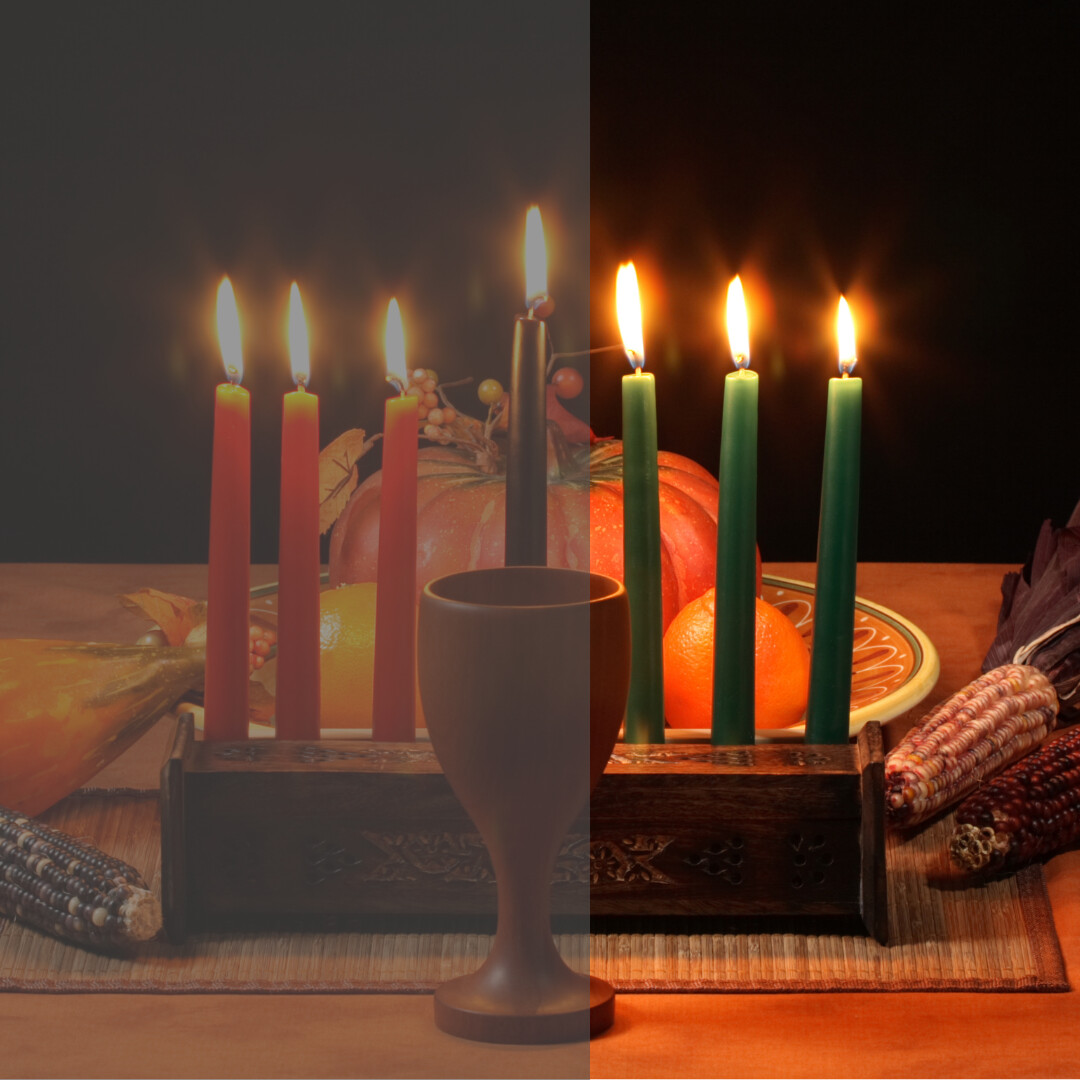
December 26–January 1
Kwanzaa celebrates African heritage and unity, focusing on the Seven Principles, such as Umoja (unity) and Kujichagulia (self-determination). Families light the kinara, decorate their homes with African art and share traditional dishes like collard greens and sweet potatoes. In the United States, Kwanzaa has become a time for cultural pride, education and community events.
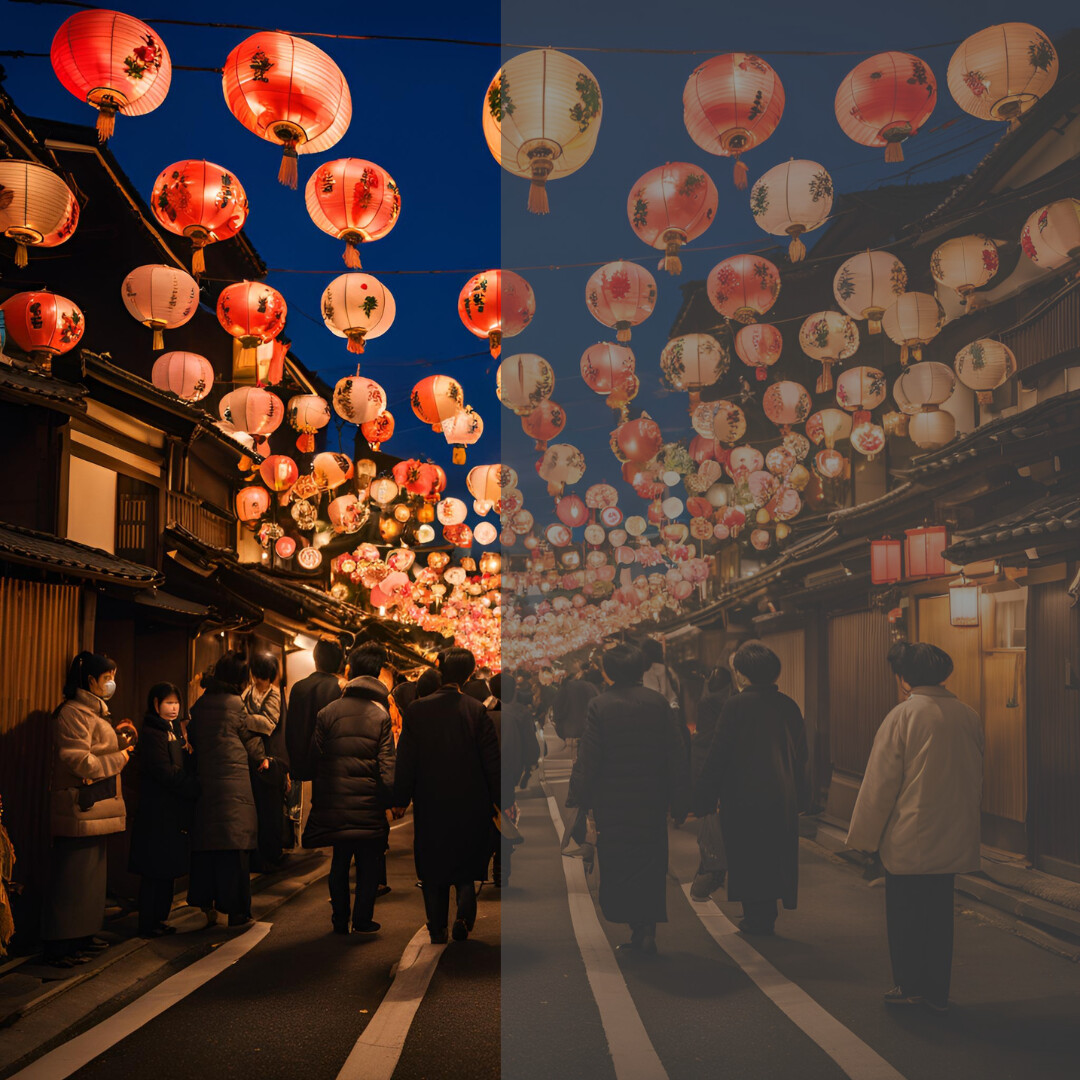
December 31
In Japan, Omisoka marks the end of the year with rituals of renewal. Families clean their homes, clearing away the old year’s burdens and share bowls of toshikoshi soba, symbolizing longevity. Buddhist temples ring bells 108 times, purging worldly desires and welcoming peace.
In the United States, Japanese-American communities observe Omisoka with family gatherings and cultural events.
,
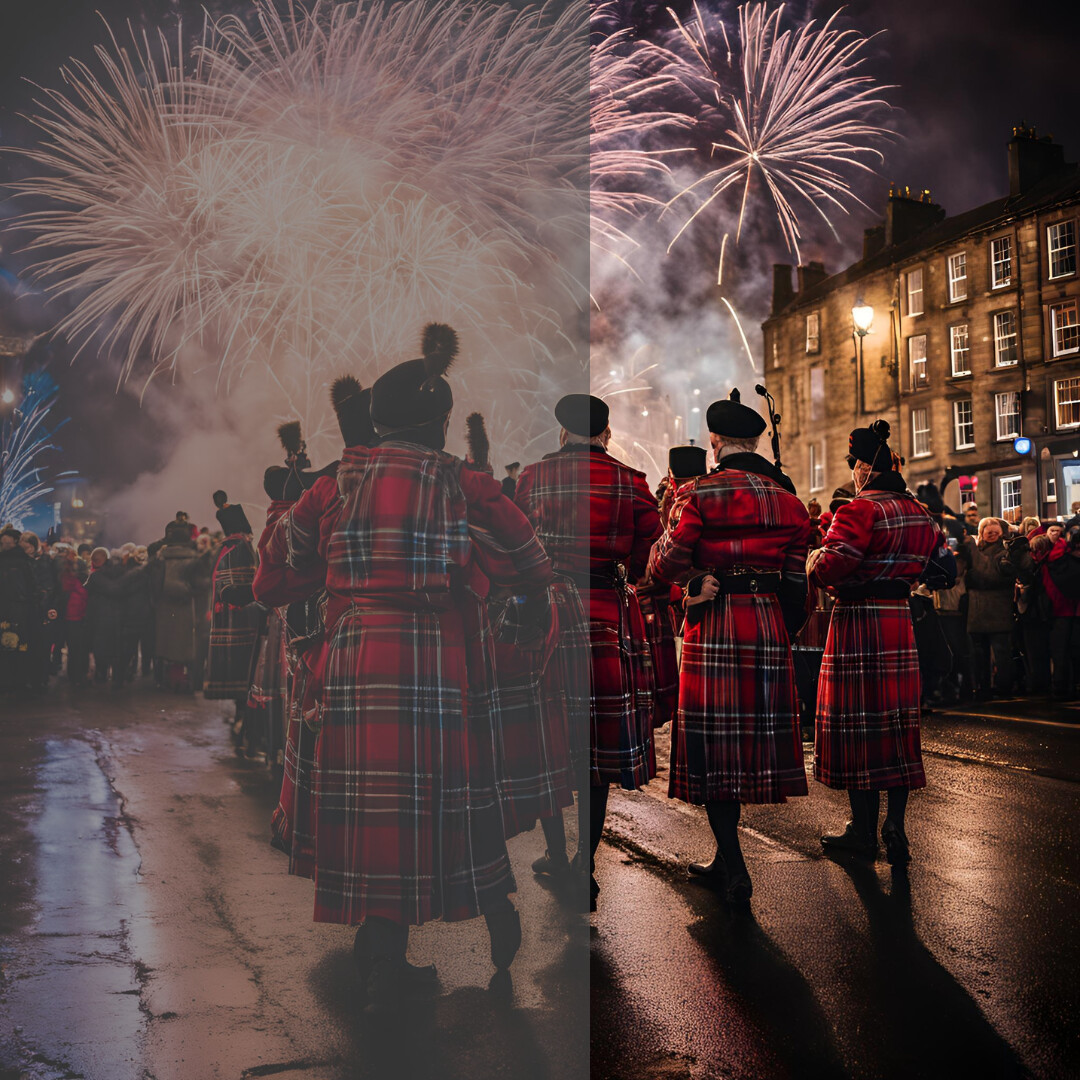
December 31
Scotland’s Hogmanay is a raucous New Year’s Eve celebration with roots in Viking solstice festivals. Fireball ceremonies light the night, while “first-footing” ensures good fortune for the year ahead. In the United States, Scottish-American communities host Hogmanay parties, complete with music, dancing and whisky toasts.
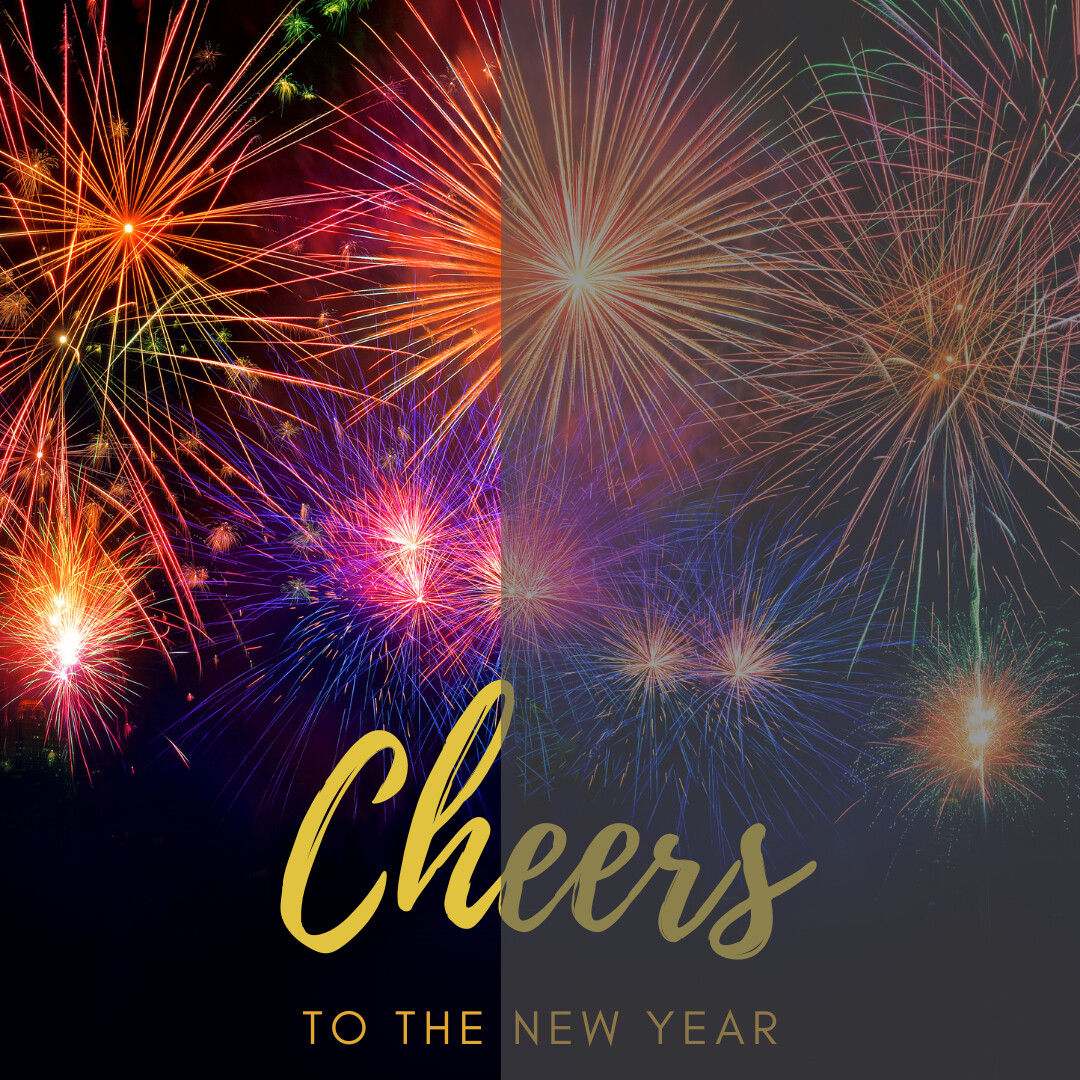
December 31
The Countdown is Coming!
At AARP, we celebrate the diversity of traditions that make this season so special—from the warmth of family meals to the joy of shared stories and the glow of festive lights. Whatever your holiday may be—Christmas, Hanukkah, Kwanzaa, Homanay or any of the vibrant celebrations that illuminate this month—we wish you a season filled with love, light and connection. May the traditions you hold dear bring you joy and strength as we welcome a new year.

































































